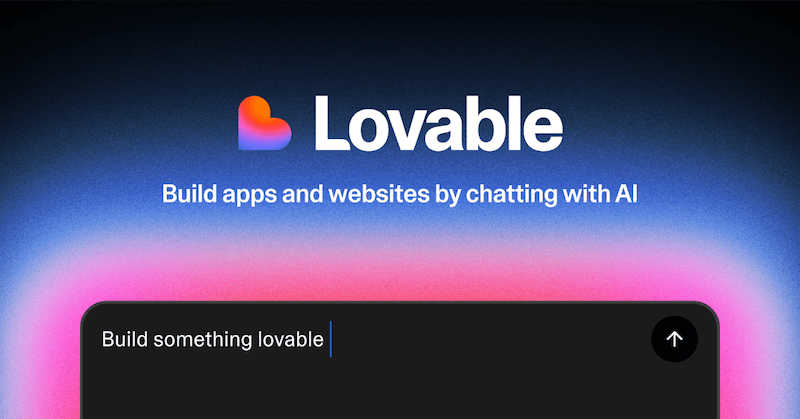|
Play of the Week newsletter by Chris
|
Newsletter issue: #162
Read time: 1m 11s
|
A big thank you to Lovable, our sponsor, who keeps this newsletter free to the reader:

GET 20% OFF 🔥
The Quickest Way To Prototype Your Designs
No more waiting for developers or spending time on handoff docs. Start prototyping just by describing your desired interactions. It's that easy.
Try Lovable free and if you like it, use code CHRIS20NL to get 20% off on any Lovable plan (limited time). Happy building!
|
|
|
|
You wouldn't run Figma on a 10-year-old laptop with 256MB of RAM, would you?
Yet that's exactly what we're doing when we ignore our mental health.
Here's what happens when our mental CPU overheats:
- Productivity black hole. Tasks that took 15 minutes now drag for hours. You end the day having accomplished... nothing.
- Decision fatigue. Helvetica or Inter becomes a life-altering crisis while you miss the bigger picture entirely.
- Imposter syndrome on steroids.Every bit of feedback feels like a personal attack. Every meeting? Just waiting to be exposed as a fraud 💀
- Creative malfunction. Your "genius" is changing blue to... slightly different blue.
- Career crash. If you keep running on empty, your career won't just stall. It'll crash and burn. Hello, chicken farming!
"But I'm fine! I've only cried in the bathroom twice this week!"
Are you though?
Let's check those warning signs you've been ignoring:
- Thought patterns gone haywire
- Sleep disruption (those 3am design panics)
- Energy levels resembling a dying iPhone battery
- Escapism behaviours (mindless Instagram scrolling!)
- Emotional numbness (remember when design excited you?)
I know because I've been there.
So what saved me? Creating a "wins folder" with evidence of past successes. That one project that increased conversion? That email with praises from a clients? That DM on LinkedIn saying I made an impact? Mental gold.
Your brain is your moneymaker. If it's broken, so is your career.
Our mind needs whitespace.
After all, good design starts with a well-designed you.
Here's an article I wrote with more practical hacks, a self-assessment test, and 7 mental health strategies that saved my design career.